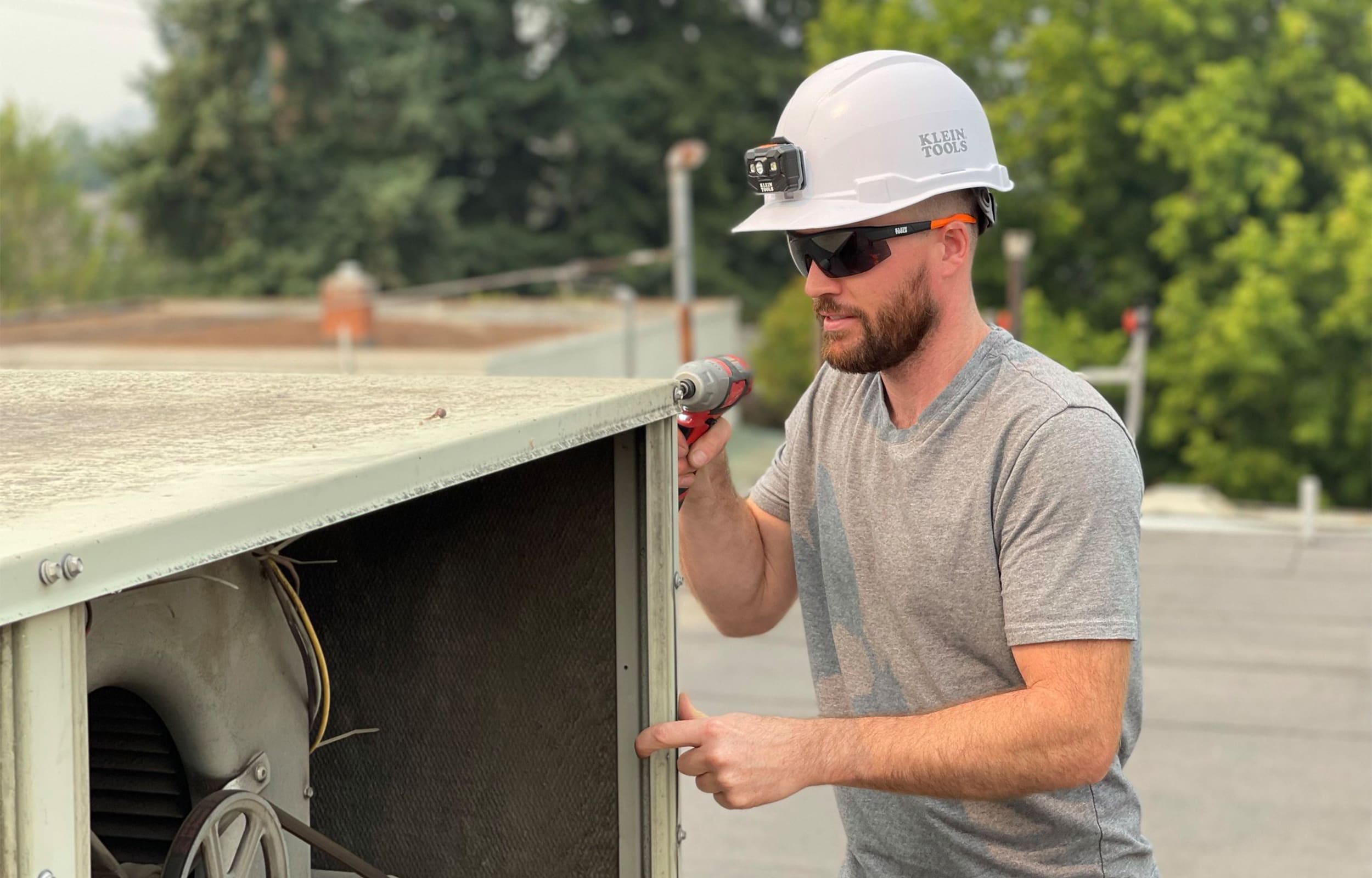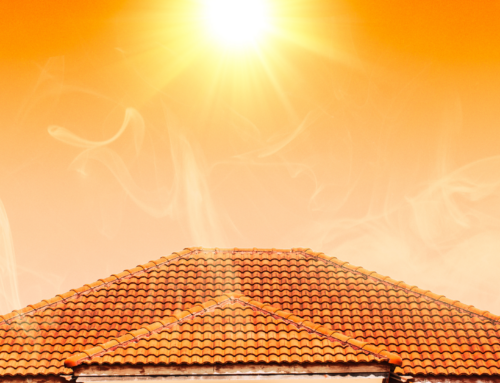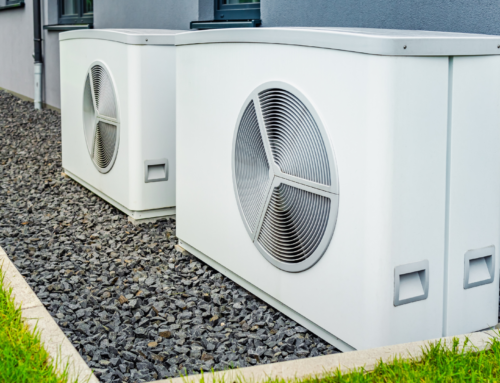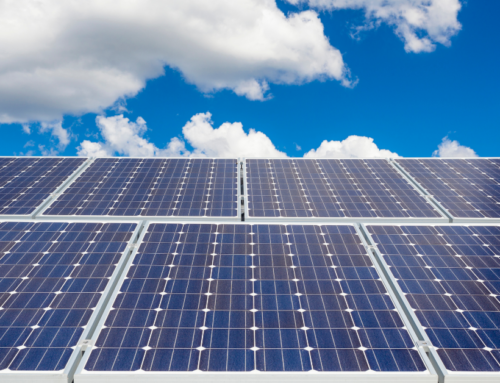The temperature of your house is about more than comfort. When weather turns extreme, it’s crucial to have shelter that offers protection from frostbite, heat stroke, and other health and safety concerns. This is why heating, ventilation, and air conditioning (HVAC) systems are a key component of a healthy home. However, traditional HVAC systems can be major energy consumers, using a significant amount of electricity or fossil fuels to operate. Here’s what you can do to make sure your HVAC system is benefitting both your home and our environment.
Climate Control and Clean Energy: Clean Energy Sources for HVAC Systems
Clean energy includes renewable energy sources such as solar, wind, and hydroelectric power, which do not produce greenhouse gasses or pollution when generating electricity. One way to use these sources for HVAC is through the use of air source heat pumps. Air source heat pumps use electricity to transfer heat from one location to another, making them a highly efficient and environmentally friendly alternative to traditional gas or oil furnaces. In fact, heat pumps can be up to 300% more efficient than traditional heating systems.
Although much of US grid electricity comes from burning coal or other fossil fuels, electric heat pumps remain much better for the environment than gas-burning appliances. And in Colorado, 35% of local grid electricity is produced via green sources, so your conversion to electric HVAC does even more good for the environment. Learn more about air source heat pumps here.
Another option is to use solar energy for HVAC. Solar panels can be used to generate electricity to power your home, reducing greenhouse gas emissions and reliance on fossil fuels. Studies show that using solar energy for HVAC can result in a 40% reduction in energy use and a 50% reduction in carbon dioxide emissions.
Increasing Energy Efficiency
In addition to using clean energy sources, there are many other ways to make HVAC systems more energy efficient. Taking steps like adding proper insulation, sealing air leaks, and maintaining equipment regularly can help to reduce energy usage and costs, all while mitigating the environmental impact of HVAC systems.
Clean energy and energy efficiency are key to reducing the environmental impact of HVAC systems and transitioning to a more sustainable way of life. If you’re ready to make that leap, but are concerned about the up-front costs, we want to help!
At the Colorado Clean Energy Fund, we support Coloradoans in their efforts to transition to clean energy. We use the tools we have as a green bank to break down the financial barriers that inhibit access to clean energy for communities across the state. Learn about our residential programs here to see how we can help you upgrade your home for energy efficiency.
Sources:
- https://www.energy.gov/energysaver/heat-pump-systems
- https://www.eia.gov/state/print.php?sid=CO
- https://www.nrel.gov/docs/fy11osti/49335.pdf
- https://time.com/6077220/air-conditioning-bad-for-planet-how-to-fix/







